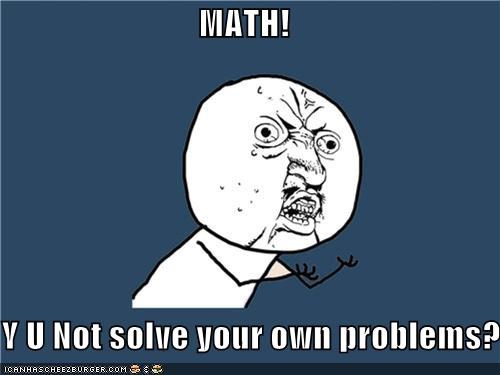Throughout my life, math and I have not been good friends. When we were, and I thought the exam was easy, it turned out I had failed the exam. Coming into college I thought I was able to take whatever classes I wanted; however, I quickly came to realize that we had these things called Breadth requirements, General Education, and various others. I was upset when I found out that for General Education we need to fulfill was something called Quantitative Reasoning Part A, which is basically a fancy way of saying a math requirement.
When I was enrolling in classes and I wanted a class that satisfied the Quantitative Reasoning Part A I saw that the available classes were Algebra, and Algebra and Trigonometry, and some philosophy classes.
I’ve never taken a philosophy class before, but at this point I was honestly looking for any way out of taking an algebra class.
What’s so great about Philos 210?
Philos 210: Reason In communication is a 4 credit class that satisfies some Breadth and General Education requirements.
This class satisfies some your Humanities and Social Science Breadths, counts as L&S credit, and fulfills your General Education: Quantitative Reasoning Part A requirement.
I took this class with professor Farid Masrour and we had lecture 3 times a week and a discussion once a week.
I also liked this class because the class size is relatively small. I believe that the class capacity is 66 students.
Is this class still available in the fall 2020 school year?
Yes! You too can get away from taking a math class to fulfill your Quantitative Reasoning Part A requirement.
For the upcoming semester the lectures will be held for 50 minutes on Monday, Wednesday, and Friday from 9:55AM-10:45AM in the Mosse Humanities Building. You will also have to attend a 50 minute discussion section once a week.
What should I expect from this class?
Great news, there are no numbers involved in this class; however, there are some formulas that you’ll have to learn. The primary goal of this course is to help you develop the skills required for a critical and reflective attitude toward reasoning in human communication. In other words, you’ll be learning how to evaluate arguments. Since arguments come in different forms, you’ll be looking at different ways of evaluating them and decide if they are valid or not.
This class is a 4 credit class so that means that you are definitely going to need to put more time in order for you to do good in this class. There were times were I wouldn’t understand a specific concept, but with practice I was able to understand it. Sometimes, all it took was for me to not think about what the argument was saying, and simply follow the formula that was needed to evaluate the argument.
Overall, if you don’t like math I believe this is the best alternative.
Good luck!

